A huge gap
He said Europeans are seeing a huge gap with the U.S. opening in environment, digital, trade, and economics, and in flashpoint conflict issues where their positions are very different or at least there are large gaps.
He also said the U.S. is becoming protectionist and populist in some ways, and getting isolationist. Besides, "the United States has for some time now begun to use military tools too frequently to resolve issues".
"They (European countries) don't want to get locked into U.S. positions and be part of a larger Western camp and be taken for granted, especially when they are a $15-trillion economic actor and have power and can use the influence that comes from that power," Gupta said. "And I think this is the main driver for strategic autonomy or at least a certain strategic difference in approach from how the U.S. approaches many of these issues."
Other observers have also recognized and noted differences between the positions of the U.S. and Europe on China.
Elbridge Colby, a senior Pentagon official of former president Donald Trump administration, said: "The Europeans are pretty openly sending the signal that they're not willing to wage economic warfare against China. I think the (U.S.) administration thinks Europeans would have our back in the event of a conflict, but that won't happen."
Tara Varma, a visiting fellow from France on foreign policy at the Brookings Institution in Washington, said, "There's a sense there needs to be a clear European position on China that goes beyond the trans-Atlantic relationship and exists on its own merits." She also commented that Macron's recent visit to China is a start to the conversation between France and China.
There has been a flurry of trips to Beijing by senior European officials in recent months. From April 13 to 15, EU's top foreign affairs official Josep Borrell joined a strategic dialogue with Chinese officials in Beijing. European Commission President Ursula von der Leyen made a visit to China from April 5 to 7, at the same time as Macron, and they have some overlapping schedules.
Gupta said the EU and China may have been in a position to reengage since COVID-19 came. And Russia's special military operation in Ukraine "put a dampener" on EU-China relations, at least for a period of time. And these visits of European leaders since the end of last year were "very important" and showed that EU-China relations were moving forward on a good track.








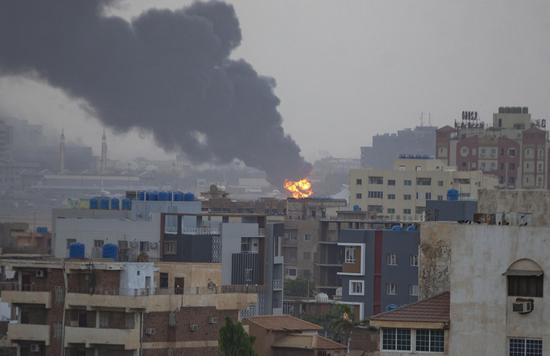
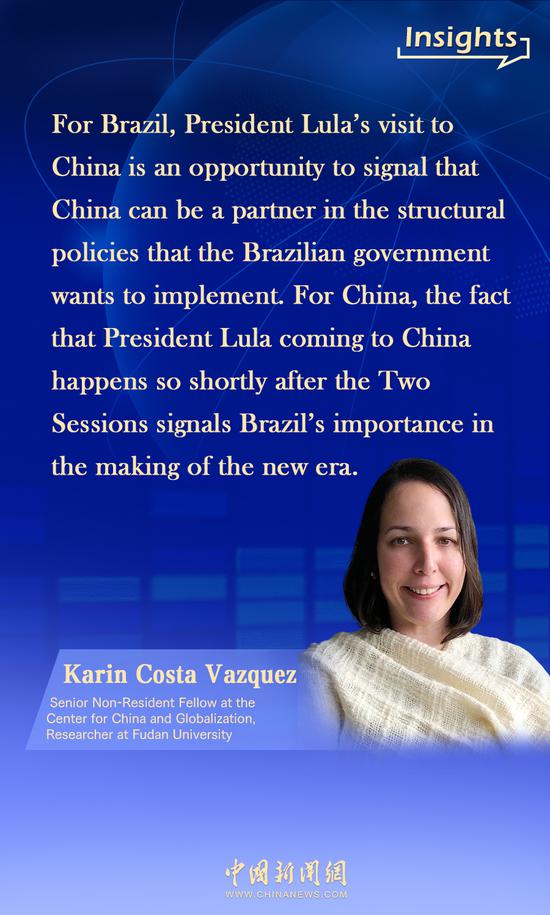

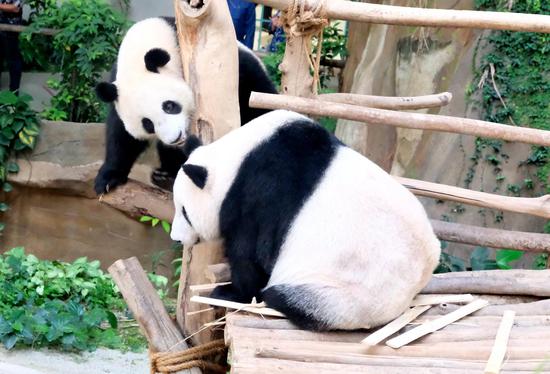

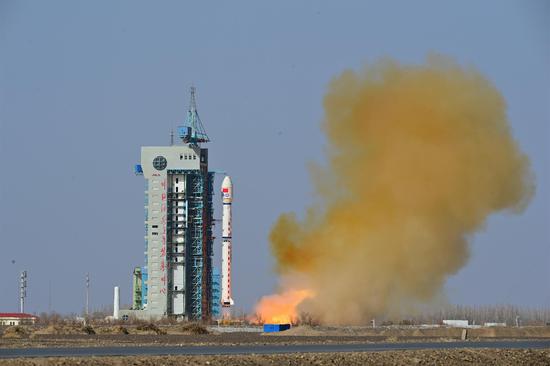
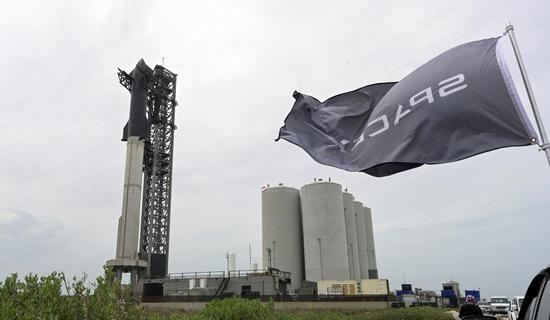

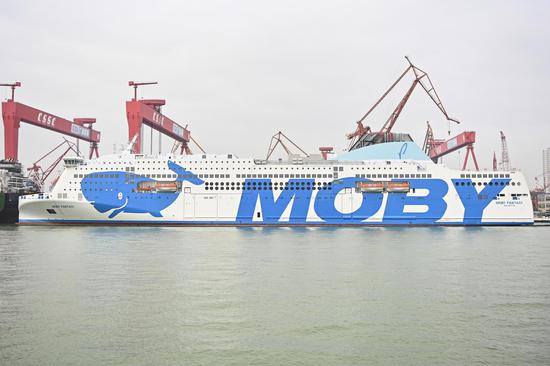

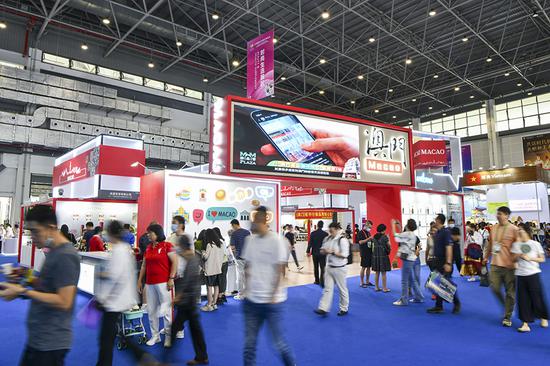
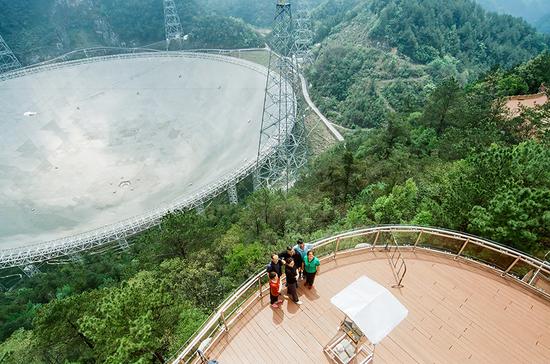


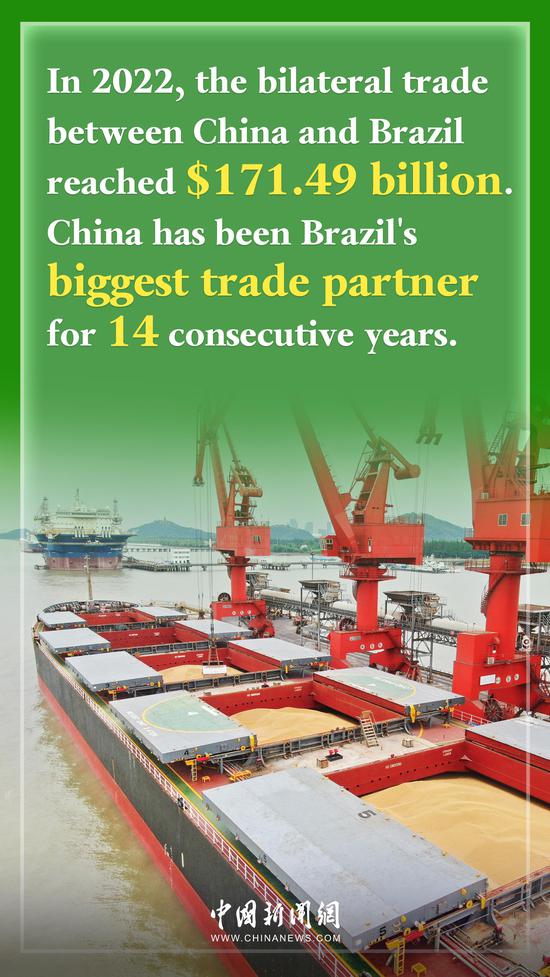
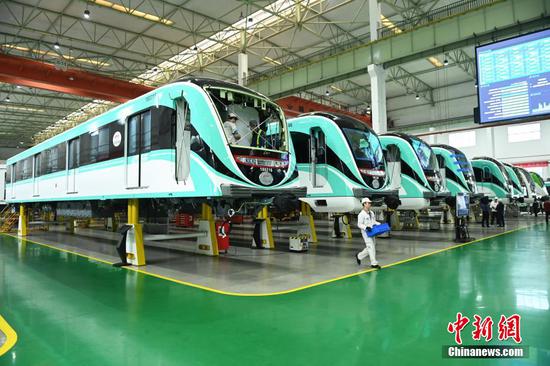


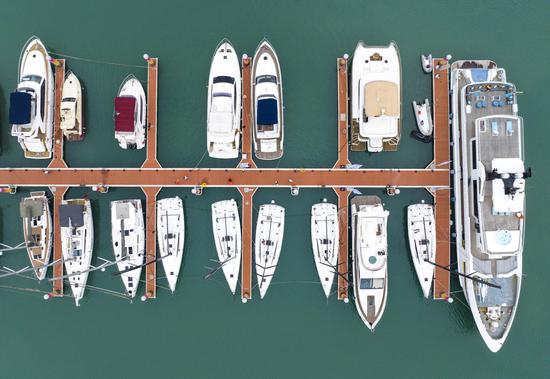

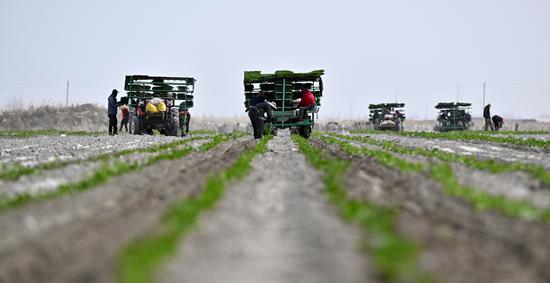

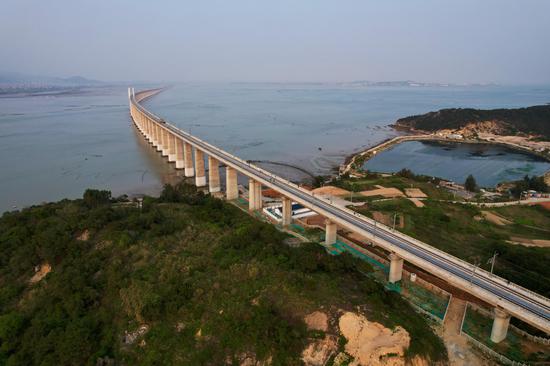
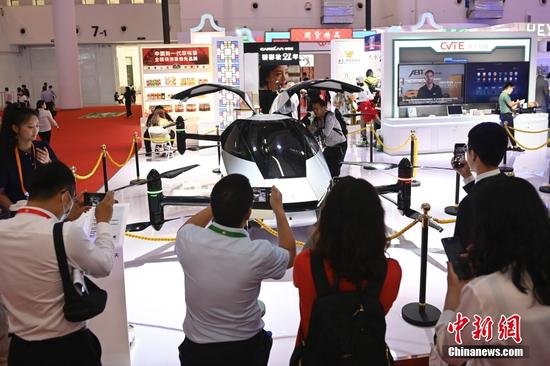
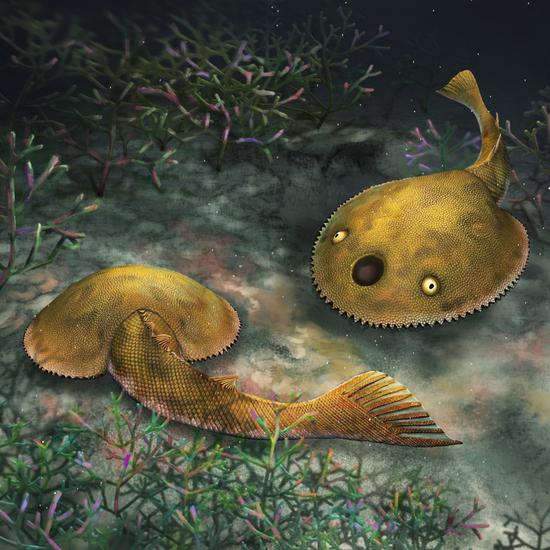
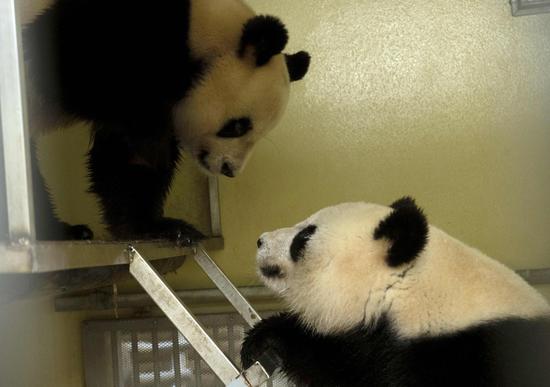
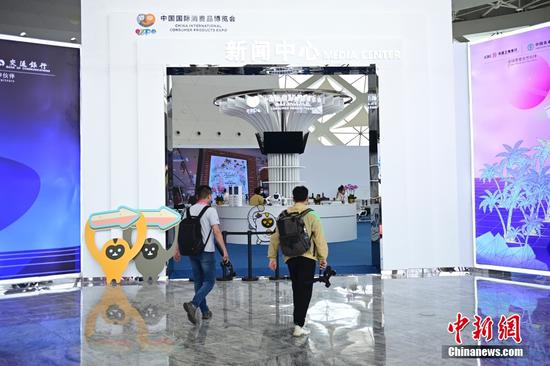
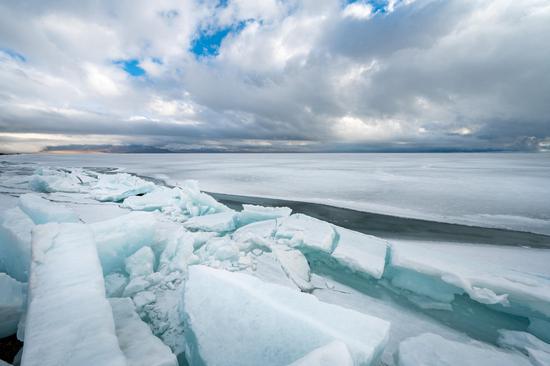
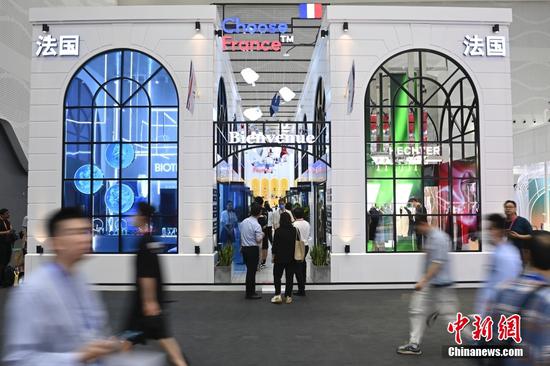
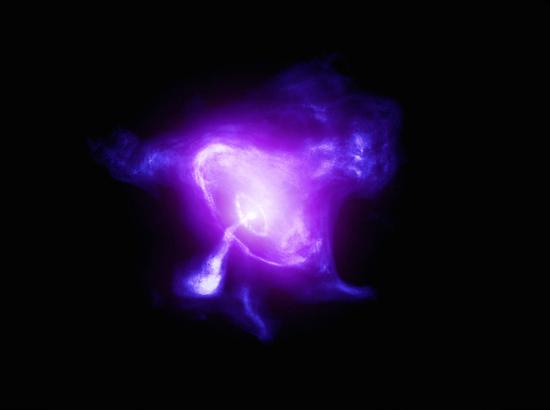
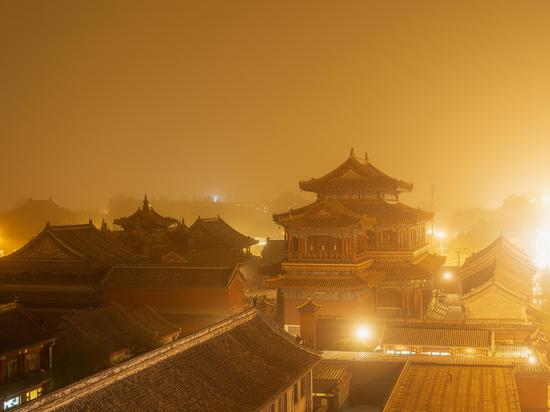


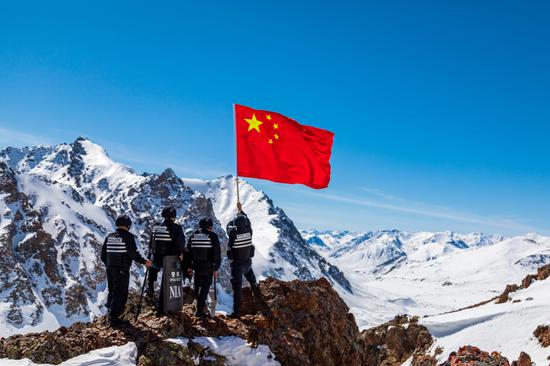

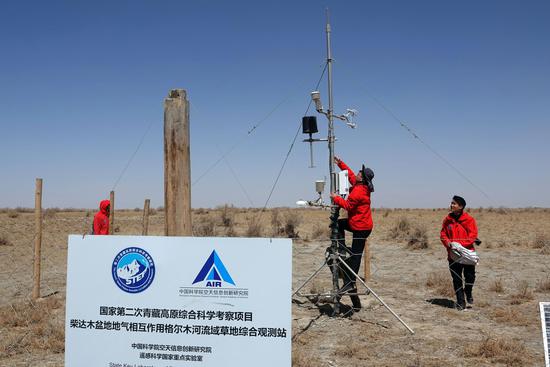
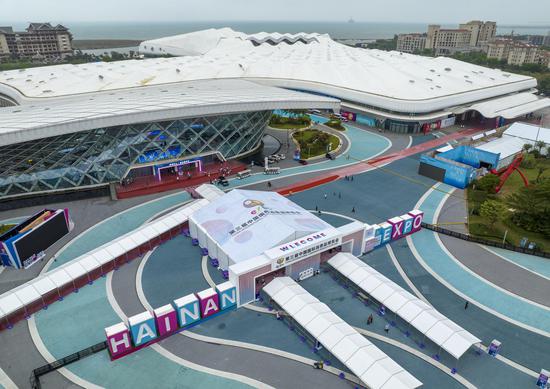





 京公网安备 11010202009201号
京公网安备 11010202009201号